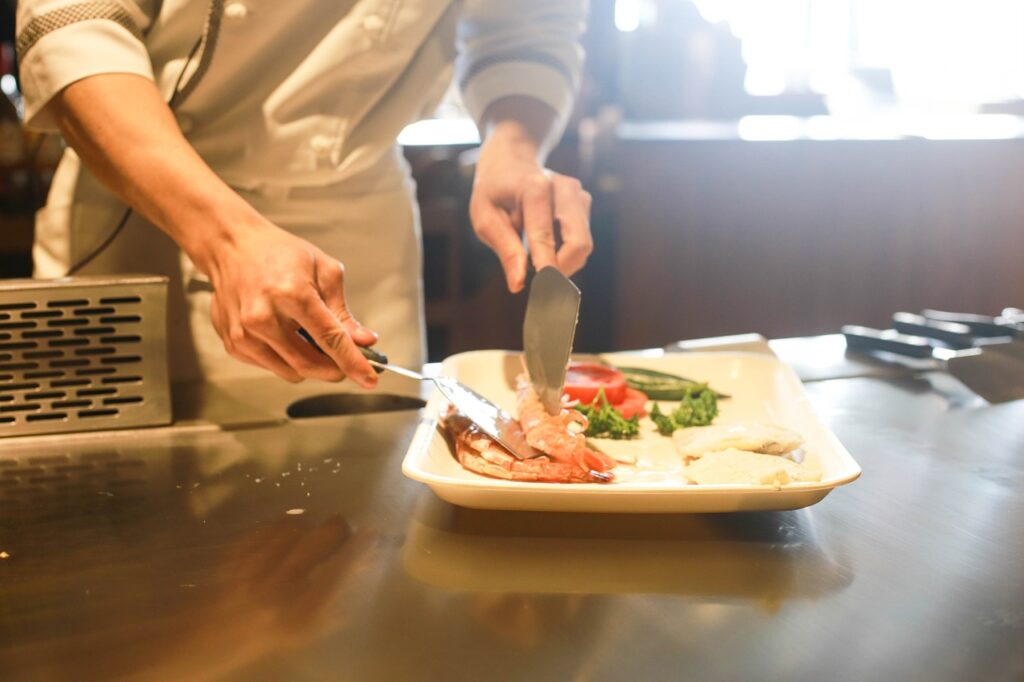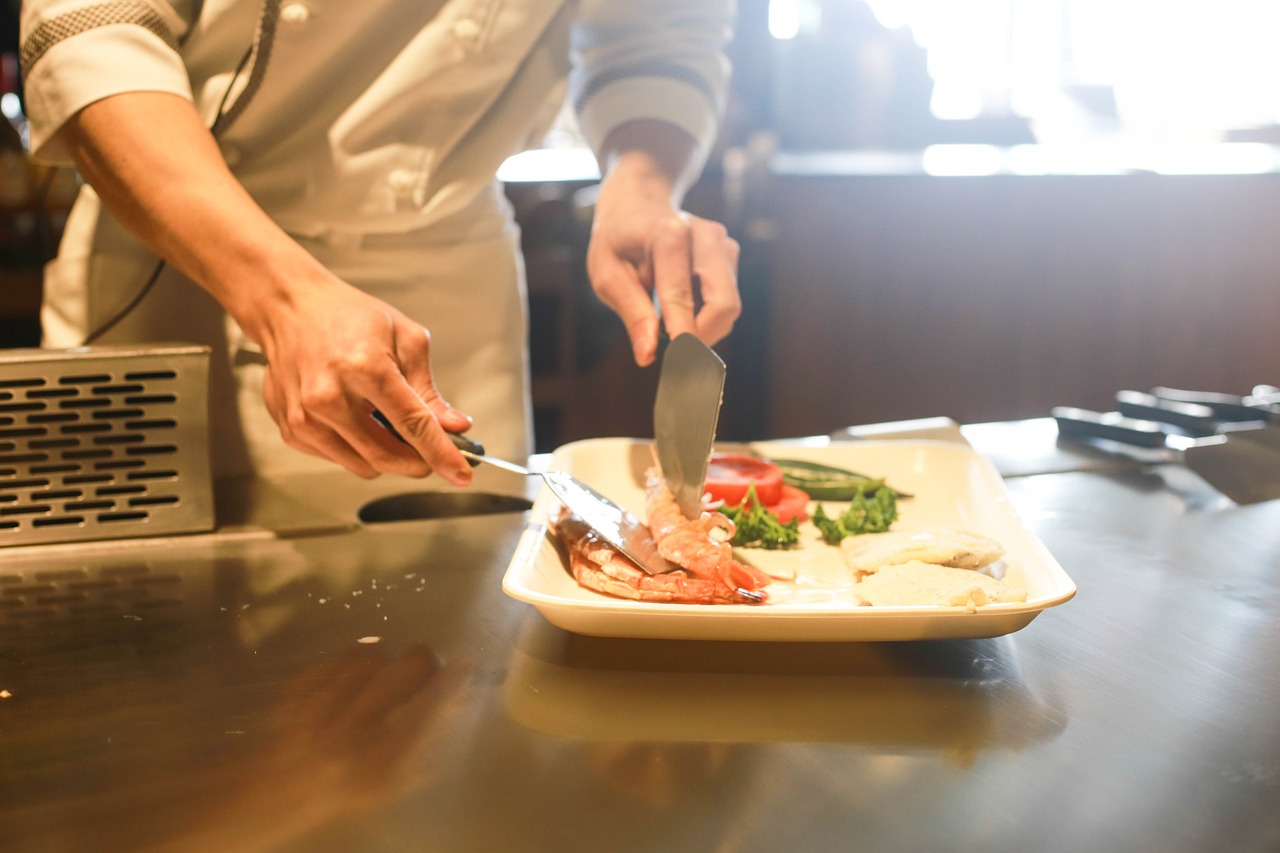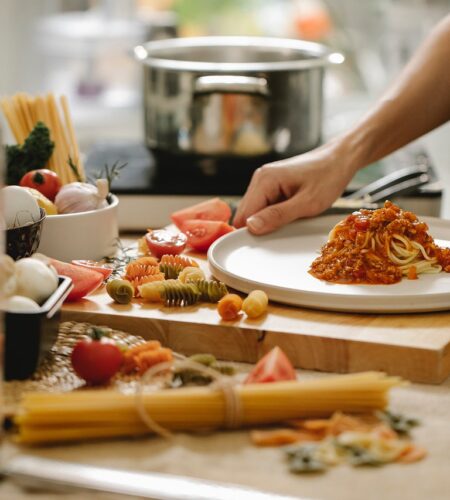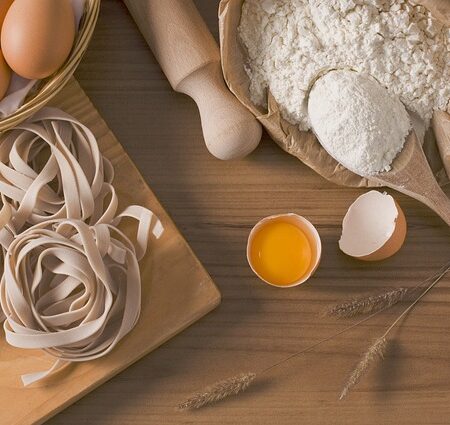Introduction
Have you ever wondered about the science behind the magic that happens in the kitchen? Cooking is not just an art; it’s also a science. In this article, we will delve into the fascinating world of food preparation science and explore the rules and techniques that make our favorite dishes come to life. Get ready to uncover the secrets behind culinary magic and enhance your cooking skills with a scientific twist.

1. The Chemistry of Flavor: Unlocking Taste Sensations
Understanding the chemistry of flavor is essential for creating delicious dishes. Learn about the five basic tastes—sweet, sour, salty, bitter, and umami—and how they interact to create complex flavor profiles. Discover the role of aroma, texture, and temperature in enhancing taste sensations. With this knowledge, you can elevate your cooking by balancing flavors and creating harmonious taste experiences.
2. The Maillard Reaction: Transforming Ingredients with Heat
The Maillard reaction is a fundamental process that occurs when food is cooked at high temperatures. Explore how this chemical reaction between amino acids and reducing sugars gives rise to the appealing flavors, aromas, and browned textures we associate with cooking. Mastering the Maillard reaction can help you achieve perfectly seared meats, golden-brown crusts, and tantalizing roasted vegetables.
3. The Science of Baking: Perfecting the Pastry Arts
Baking is a precise science that requires careful attention to measurements, ratios, and temperature control. Uncover the science behind leavening agents like baking powder and yeast and learn how they make our breads and pastries rise. Dive into the rules of gluten formation, emulsification, and caramelization that contribute to the deliciousness of baked goods. Armed with this knowledge, you can conquer the world of baking with confidence.
4. The Role of Heat Transfer: Cooking Methods and Techniques
Heat transfer plays a crucial role in cooking. Explore the different methods of heat transfer—conduction, convection, and radiation—and how they are utilized in various cooking techniques. From sautéing to braising to grilling, understand how heat is applied and distributed to achieve desired results. Mastering heat transfer will empower you to cook with precision and finesse.
5. The Science of Food Preservation: From Pickling to Canning
Food preservation techniques are rooted in scientific rules. Explore the science behind pickling, fermentation, and canning, and how these methods inhibit the growth of bacteria and extend the shelf life of food. Learn about pH levels, salt brines, and the role of microorganisms in the preservation process. With this knowledge, you can safely preserve seasonal produce and enjoy their flavors year-round.
6. The Art and Science of Sous Vide Cooking
Sous vide cooking combines the precision of science with the art of flavor infusion. Discover how this cookery method, which involves vacuum-sealing food and cooking it in a precisely controlled water bath, creates tender, evenly cooked dishes. Learn about the benefits of sous vide cookery, including enhanced flavors, retained nutrients, and consistent results.
7. The Impact of Ingredients: Understanding Flavors and Textures
Ingredients play a vital role in the outcome of a dish. Explore the science behind flavors and textures, including the impact of acids, fats, proteins, and carbohydrates. Learn how different cookery techniques can accentuate or alter these elements to create a unique food preparation experience. Understanding ingredient science will allow you to make informed decisions when selecting and preparing ingredients.
8. The Future of Cooking: Innovation and Technology
As we look to the future, technology continues to shape the world of cooking. Explore innovative cooking tools and techniques, such as molecular gastronomy and 3D food printing. Learn how science and technology are revolutionizing the food preparation landscape, offering new possibilities for creativity and flavor exploration.
Conclusion
Cooking is both an art and a science, with rules and techniques that can be understood and learned. By understanding the science behind food preparation magic, you can elevate your cooking skills, experiment with flavors, and create delicious dishes with confidence. Embrace the fascinating world of food preparation science, and let your kitchen become a research where creativity and scientific rules combine to produce food preparation wonders.



